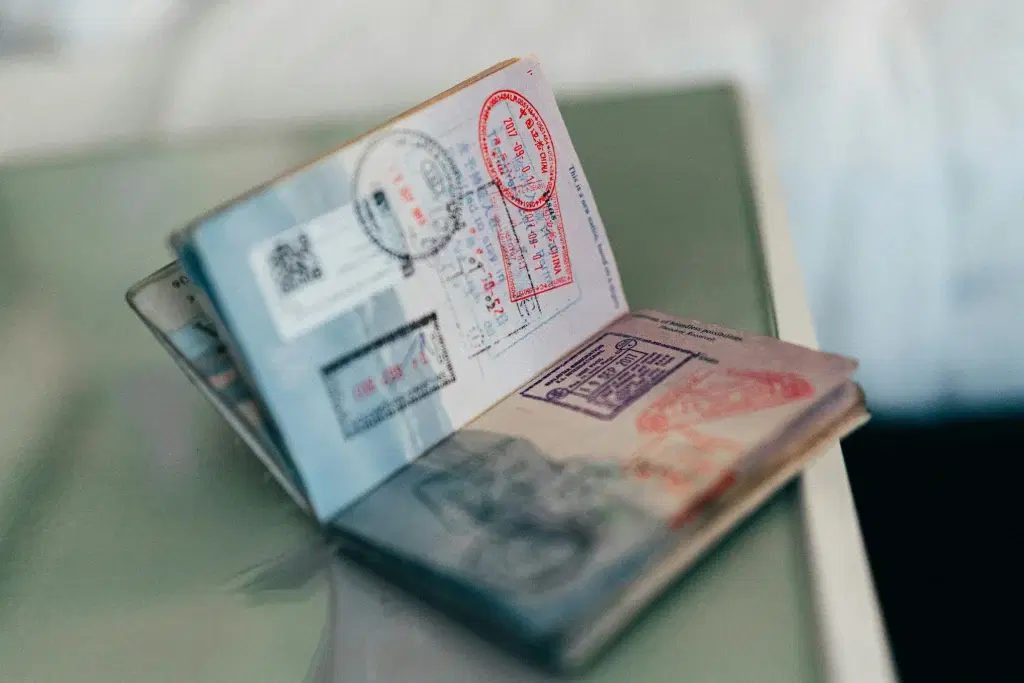Securing citizenship in some countries can be a long and demanding journey in contrast with how some other nations offer relatively straightforward processes.
Below are 1o countries where obtaining citizenship is considered the toughest, and why.
1. Qatar
Qatar is one of the world’s wealthiest nations, and its citizenship requirements are among the strictest. Dual citizenship is not allowed, and applicants must renounce their previous nationality. Proficiency in Arabic, proof of strong financial stability, and deep integration into Qatari society are mandatory.
Citizenship through marriage is possible, although tightly controlled. Foreigners seeking naturalisation must reside in Qatar for at least 25 years, after which the government may still choose to deny approval. In many cases, applicants must convert to Islam. Only a limited number of naturalisations occur each year.
2. Vatican City
With fewer than 1,000 residents, Vatican City is the world’s smallest country and offers citizenship only under very narrow circumstances. It is granted primarily to cardinals residing in Vatican or Rome, diplomats representing the Holy See, and individuals whose work directly serves the Catholic Church.
Citizenship is often temporary and typically ends when the individual no longer holds their qualifying role, unless special permission is granted. There is no public naturalisation process.
3. Liechtenstein
Liechtenstein requires one of the longest residency periods—30 years—before an applicant is eligible for citizenship.
Marriage to a Liechtenstein citizen may shorten the process to about five years, but approval also depends on acceptance by the local community, which may vote on each application. German language proficiency is essential, and dual citizenship is not permitted. There is no citizenship-by-investment option.
4. Bhutan
Foreign nationals must reside in Bhutan for 20 years before applying for citizenship, though this drops to 10 years for government employees. Applicants must demonstrate good conduct, pass tests in the Dzongkha language as well as Bhutanese culture and history, and provide references from Bhutanese citizens. Dual citizenship is not allowed, and authorities hold the final discretion on approval.
5. Saudi Arabia
Despite its large expat population, citizenship is extremely difficult to obtain. Applicants must live in the country for 10 years, be fluent in Arabic, demonstrate financial independence, and maintain a clean record.
Naturalisation is largely discretionary. A points-based system exists, and high investors may fast-track approval. Dual citizenship is generally not permitted.
6. Kuwait
Kuwait requires 20 consecutive years of residency for citizenship eligibility (15 for Arabs). Applicants must be Muslim; those of other faiths must convert before applying.
Arabic fluency, financial stability, and good character are also required. Dual citizenship is banned, and approvals are rare, with most applications rejected.
7. Switzerland
Switzerland enforces a 10-year residency requirement, making it one of Europe’s toughest systems. Applicants must demonstrate integration into Swiss society, including strong knowledge of local customs and fluency in at least one national language (German, French, Italian or Romansh).
A clean criminal record, financial independence, and approval from local authorities are required. Local municipalities hold significant decision-making power and can deny applications even if federal requirements are met.
8. China
China does not permit dual citizenship and grants naturalisation only in extremely limited circumstances—usually to those of Chinese descent, spouses of Chinese citizens, or individuals working in strategic sectors.
Applicants must first secure permanent residence, which is itself difficult. The naturalisation process is slow, opaque, and approvals are rare.
9. North Korea
Foreigners have virtually no path to citizenship. Citizenship is primarily obtained through descent. Dual citizenship is prohibited, and marriage to a North Korean citizen does not qualify one for naturalisation.
Citizenship status is not publicly disclosed, and revocation can occur at the government’s discretion.
10. Japan
Japan requires five consecutive years of residency before a citizenship application. Applicants must renounce their previous nationality, pass background checks, show financial stability, and demonstrate Japanese language proficiency.
Costs can be significant, and most applicants are spouses or children of Japanese citizens. Despite the relatively short residency requirement, strict cultural and legal standards make naturalisation highly challenging.
The post Top 10 hardest countries to obtain citizenship appeared first on Vanguard News.

